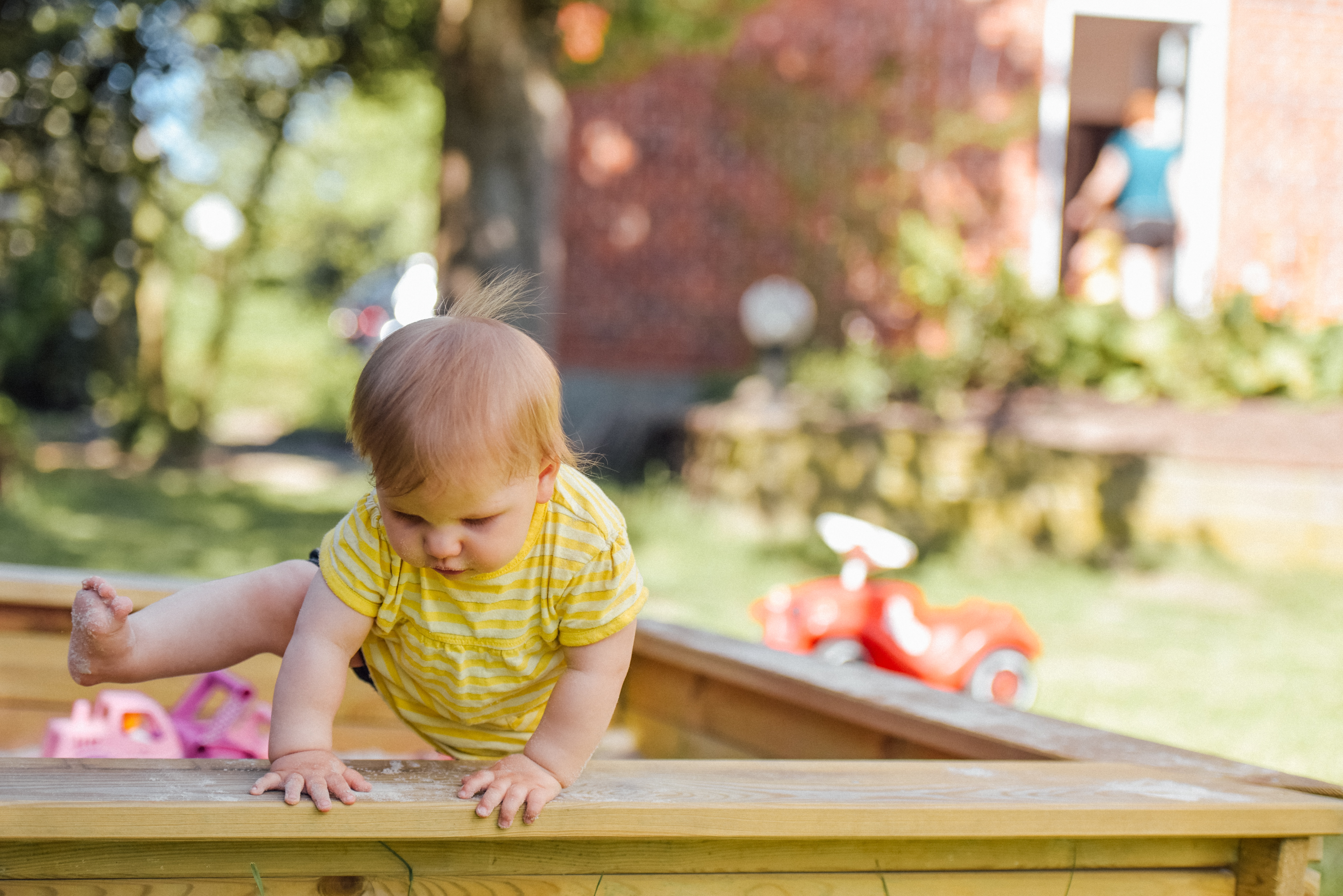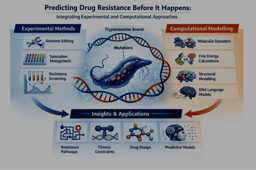Even babies know what’s worth their effort
Published in Social Sciences

By Kelsey Lucca and Jessica A. Sommerville
A quick YouTube search for “persistence” can capture our attention for hours: ranging from science-y TED talks about the life-changing power of perseverance to home-videos of backyard squirrels determined to conquer the bird feeder. We are endlessly fascinated with stories of persistence because they provide us with hope and, more often than not, entertainment. But most critically, we are drawn to these stories because persistence pervades our everyday lives. From the moment we wake up in the morning, we are continually debating whether, when, and how to deploy our effort. Starting with the small things – do I walk to the nearby cafe to grab lunch, or do I get delivery right to my door? And up to the bigger things – do I pursue this PhD (even though it is taking me forever) or do I quit?
Importantly, we don’t just start making these decisions later in life – we make them from the very beginning. Just add “baby” to your “persistence” YouTube search and the results become infinitely more adorable. And if you look closely, they also become more interesting. From the “world’s most persistent baby” to “baby goes to extreme ends to avoid eating carrots” – you will see babies trying very, very (hilariously) hard to meet their goals. But surely babies aren’t always maxing out their effort – they also sleep, snack, and sleep some more. This got us wondering, how do infants decide when and how to try? Is it something simple, like imitating what others do? Or is their decision-making process more complex and nuanced than that? For example, do babies take into consideration when it actually makes sense to try? That is, do they make active decisions about what is worth their effort and what is not?

On what was likely a rainy Seattle morning, we designed a study to find out. We created a way to measure babies’ persistence – an out-of-reach toy that was only accessible by pulling a rope. Babies first watched an adult solve the problem. Depending on which condition we randomly assigned the baby to, they either saw an actor easily accomplish her goal, fail to accomplish her goal, or work hard before achieving her goal. We then gave all three groups of infants (what appeared to be) the same task, but, unbeknownst to them, their task was impossible – the toy at the end of the rope was glued to the table, such that no matter how hard they pulled (and they pulled hard!) they could never get the toy. This design allowed us to tell whether babies, faced with exactly the same problem, decide when and how to try based on the social information they get from others.
We found that babies’ persistence varied as a function of both their expectations about how hard the task should be, and how likely the experimenter was to provide them with help. The first group of babies, the ones who saw the actor easily solve the task, knew two things: this should be easy, and my social partner is skilled. When they were given the task and it was harder than they had anticipated, they quickly grew frustrated and traded off trying for help-seeking. The second group of babies, who saw the actor fail, completely disengaged, choosing not to try or seek help. The most exciting results came from our third group of babies, the ones who knew the task should be challenging, but solvable – these babies ramped up their trying over time, and unlike the other babies, did not get frustrated or demotivated.
Though it might seem intuitive that persistence is best fostered by modeling success and ease, our findings highlight that it may be more effective to set realistic expectations about the nature of challenging tasks. Paradoxically, perhaps, our findings show that previewing the difficulty of a challenging task is motivating for infants! These findings also show us that even from the very beginning, the decision-making processes that shape when and how we deploy our effort is highly rational and strategic. In fact, perhaps our early appearing ability to decide when and how to try underpins the uniquely human capacity for learning, by helping us to target our effort to situations in which it is likely to be most effective.
Kelsey Lucca is an Assistant Professor of Psychology at Arizona State University and director of The Emerging Minds Lab. @emergingmindsAZ
Jessica Sommerville is a Professor of Psychology at the University of Toronto and director of the Toronto Early Cognition Lab. @tecl_ca
Read the full article here: https://www.nature.com/articles/s41562-019-0814-0
Lucca, K., Horton, R. & Sommerville, J.A. Infants rationally decide when and how to deploy effort. Nat Hum Behav (2020) doi:10.1038/s41562-019-0814-0
Follow the Topic
-
Nature Human Behaviour

Drawing from a broad spectrum of social, biological, health, and physical science disciplines, this journal publishes research of outstanding significance into any aspect of individual or collective human behaviour.




Please sign in or register for FREE
If you are a registered user on Research Communities by Springer Nature, please sign in